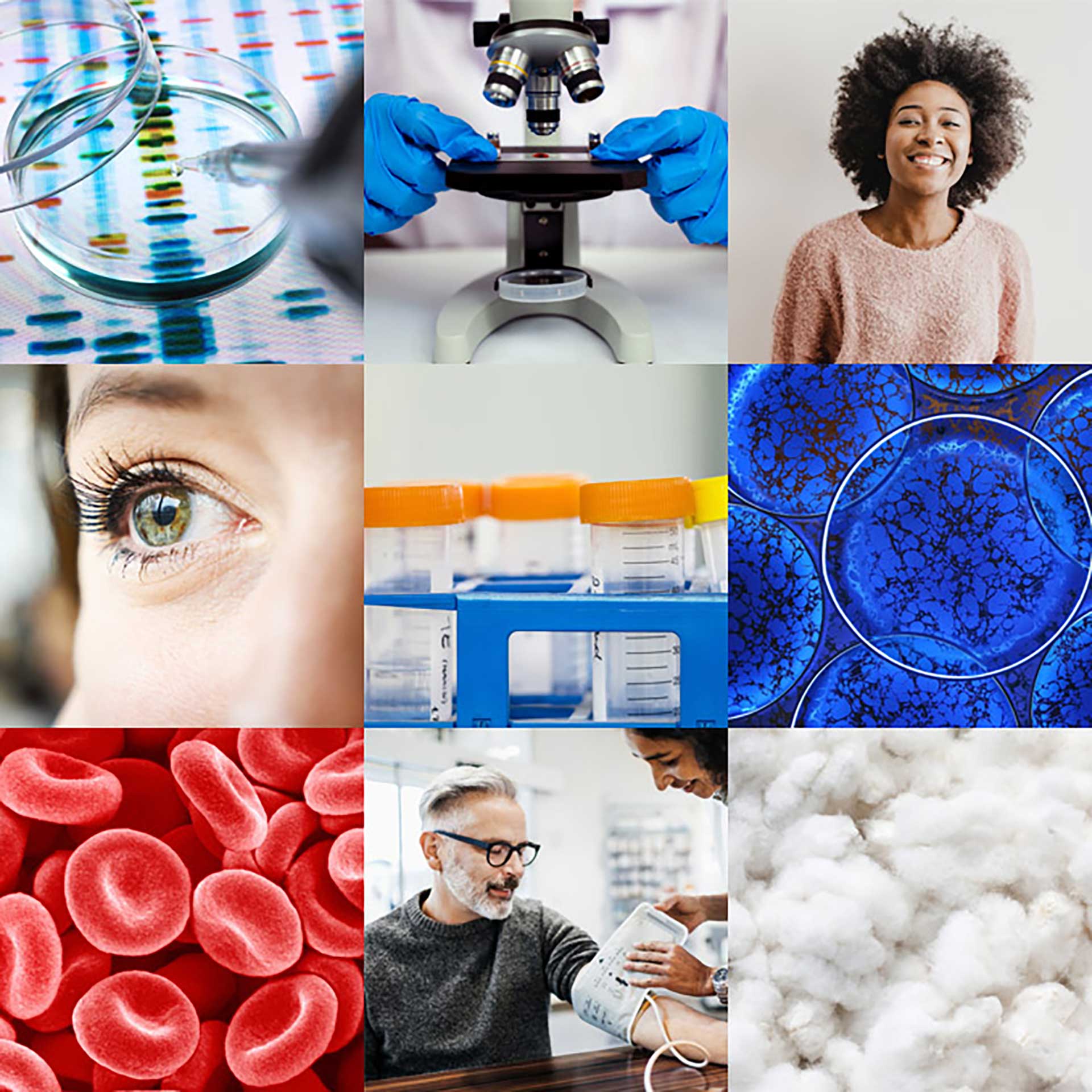Your Global Biocompatibility Experts
Sharing our inside perspective to the biocompatibility regulations
Limulus Bio is now a part of Veranex, read more about the acquisition here.
Tailor-made compliance
Biological evaluation is essential in the development process of medical devices. To meet the strict requirements in a compliant manner, and get market access according to your timeline, we support you with comprehensive Risk Assessment Strategies and Biological Evaluations.

Our Services
Biocompatibility and Toxicology consultancy and training – with a global perspective
Risk Assessment
As part of your risk assessment team, we support and guide you through the process of biological risk identification and mitigation, covering the total product life cycle.
Material Guidance
Let us be your partner in everything regarding medical device materials. Make the right material choice from the start.
Biological Evaluation
Wherever you are in the world, we help you with biological evaluations, and adapt it for world-wide submissions in compliance with applicable standards.
Single Point of Contact
We help you plan, coordinate and evaluate – whether it concerns chemical characterization, contact with test houses, in silico, in vitro or in vivo tests – we take responsibility for the entire package.
Breathing Gas Pathway Devices
With depth expertise in the ISO 18562 standard series we know the hurdles and can support you.
Combination Products
With the multidisciplinary expertise required for Combination Products, we guide you through all requirements.
Internal Procedures and Templates
We support with the development of your internal procedures and templates, customized to fit with your existing processes.
Authorities and Notified Body speaking partner
We are your biocompatibility advocates in meetings with Authorities and Notified bodies.
Educations & Conferences
We offer internal and external education, as well as conferences, in Biocompatibility and Toxicology for medical devices.
In house training
We customize training programs to your specific products and needs. Learn through lectures, case studies, group exercises and discussions.
Training Courses
Join our public courses where we share our knowledge.
Medical Device Conferences
Are you interested to participate as a Speaker, Sponsor or Delegate at our conference Biocompatibility Insights 2023? Find more information here.
Get in touch with us
Frequently asked questions
For what kind of devices do we need to perform biological evaluations?
All kind of devices in direct or indirect contact with the “human body”.
When should I start writing the Biological Evaluation Plan?
Immediately when you have the new device idea. Early awareness will assure best materials for your device. Choosing the wrong material will risk becoming the bottleneck for timely market access.
How do I know which device I should send to the Test House for testing?
Always strive for the Final Finished Form of the device i.e. include primary packaging, manufacturing process and the sterilization method that will be used (when applicable). The product to be tested should be as “how the product meets the patient”.
The product I have tested didn´t withstand the current sterilization method, what should I do?
To change sterilization method most often have high impact on biocompatibility. Start with performing a thorough gap-analyses and use that for deciding next steps.
Chemical and physical characterization, do we really need to perform it?
Yes and No. You need to collect all available relevant information about the device and do a gap-analysis. If there is no gap in data you are “good to go” but if there is a gap chemical and/or physical characterization is a must. Which data that is needed depends on the type of device and intended contact. Further chemical characterization is for example seldom required for a device that is only in contact with intact skin surfaces and where complete supplier material data is available.
What about global harmonization?
Unfortunately, we do not have complete global harmonization within the biocompatibility arena. The ISO 10993 standard series is widely recognized as the base for biological evaluation, but modifications still exist. It is therefore crucial to be aware of market requirements and customize the Biological Evaluation Plan.
What are the most important subjects affecting biological evaluations within the MDR?
No “grand-fathering” is accepted, i.e. you need to have biological evaluation data for all your devices, and of course the GSPR 10.4.1 which outline three specific device classes:
- Devices that “are invasive and come into direct contact with the human body.”
- Devices that “(re)administer medicines, body liquids or other substances, including gases, to/from the body.”
- Devices that “transport or store such medicines, body fluids or substances, including gases, to be (re)administered to the body.”
For these classes there are specific requirements for CMR (cat 1A or 1B) and ED substance i.e. they shall only contain these substances in a concentration that is above 0,1 % weight by weight when justified.
Do you offer support in setting up internal processes and templates?
Yes, we do. A smooth process which connect biological evaluation to other processes in the quality management system, such as Risk Management, product development and change management is the key.
We need training within biological evaluations, do you offer training?
Yes, we offer customized training programs according to your specific needs. We recommend a half-day training for “all staff” and then work-shop with discussions focusing on your own products. An Attendance Certificate can be issued for each participant.
What is your thought about the Alternative Methods coming up?
We support the paradigm shift away from animal testing, and what we can see today the alternatives are often more accurate and may also be faster and cheaper. Compared with animal tests that need to be justified, Alternative Methods can be of big value as you can test more often during the development of your device. Regulatory acceptance is crucial, and every project needs to be discussed case-by-case.



